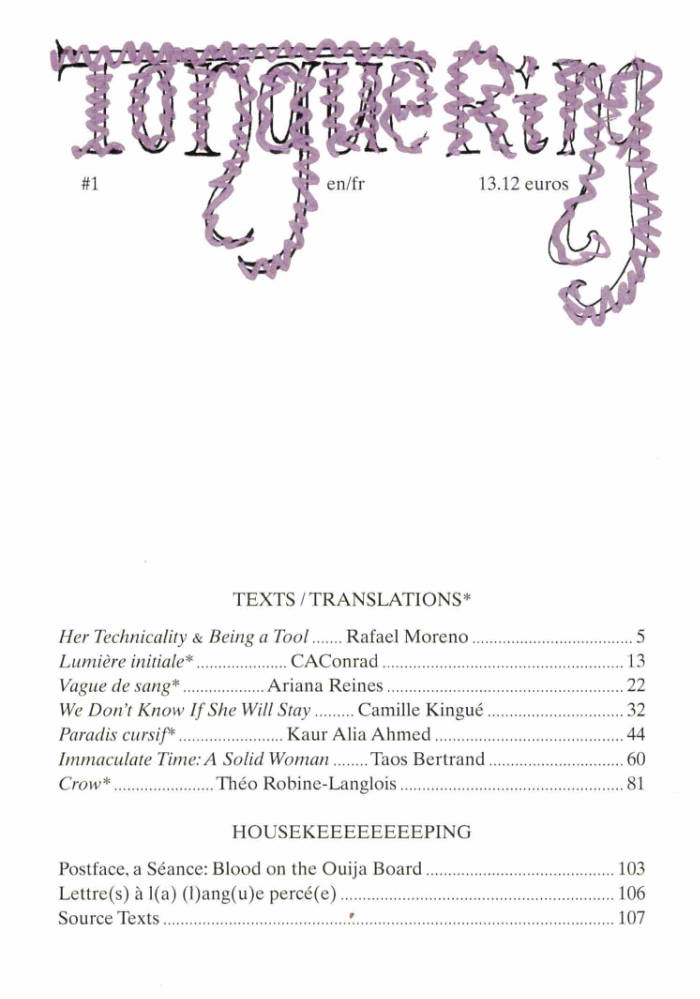
The Little Black Book of Grisélidis Réal: Days and Nights of an Anarchist Whore
The Little Black Book of Grisélidis Réal is the portrait of a true humanist who made a career out of compassion. Hailed as a virtuoso writer and a "revolutionary whore," Grisélidis Réal (1929-2005) chanced into prostitution at thirty-one after an upper-class upbringing in Switzerland. Serving clients from all walks of life, Réal applied the anarcho-Marxist dictum "from each according to his abilities, to each according to his needs" to her profession, charging sliding-scale fees determined by her client's incomes and complexity of their sexual tastes.
Réal went on to become a militant champion of sexual freedom and prostitutes' rights. She has described prostitution as "an art, and a humanist science," noting that "the only authentic prostitution is that mastered by great technical artists...who practice this form of native craft with intelligence, respect, imagination, heart..."
This volume includes lengthy dialogues from 1979-1981 with Réal conducted by journalist and author Jean-Luc Henning, in which she eloquently discusses the theoretical implications of sex-positive whoring and relates her experiences both inside and outside the profession: from her lengthy love affair with the "Berber" to such "psychological" and "special" clients as the "moldy rhinoceros."
The "Little Black Book" that rounds out this book is drawn from the logs in which Réal kept track of her many clients, from "Pedro, hilarious fat Spaniard, devoted, simple, honest, fat peasant face, 70F" to "Pierre 8 (from Basel), blue eyes, fifties, slightly balding, cultivated, sweet-violent...licks my finger after I remove it from his anus...100-400F." It is a journal that not only chronicles Réal's working life, but offers a clinically direct, investigative sociological analysis of the sexual subcultures of her time.
Translated by Ariana Reines.
Language: English







